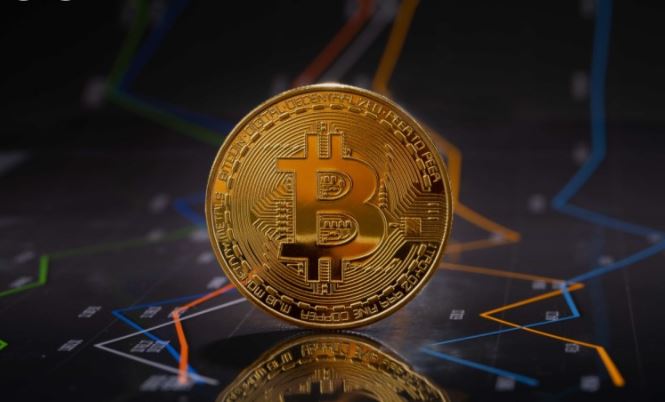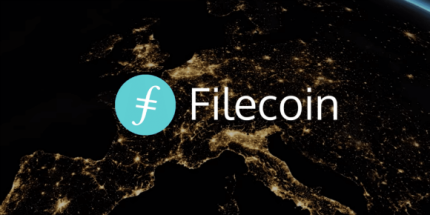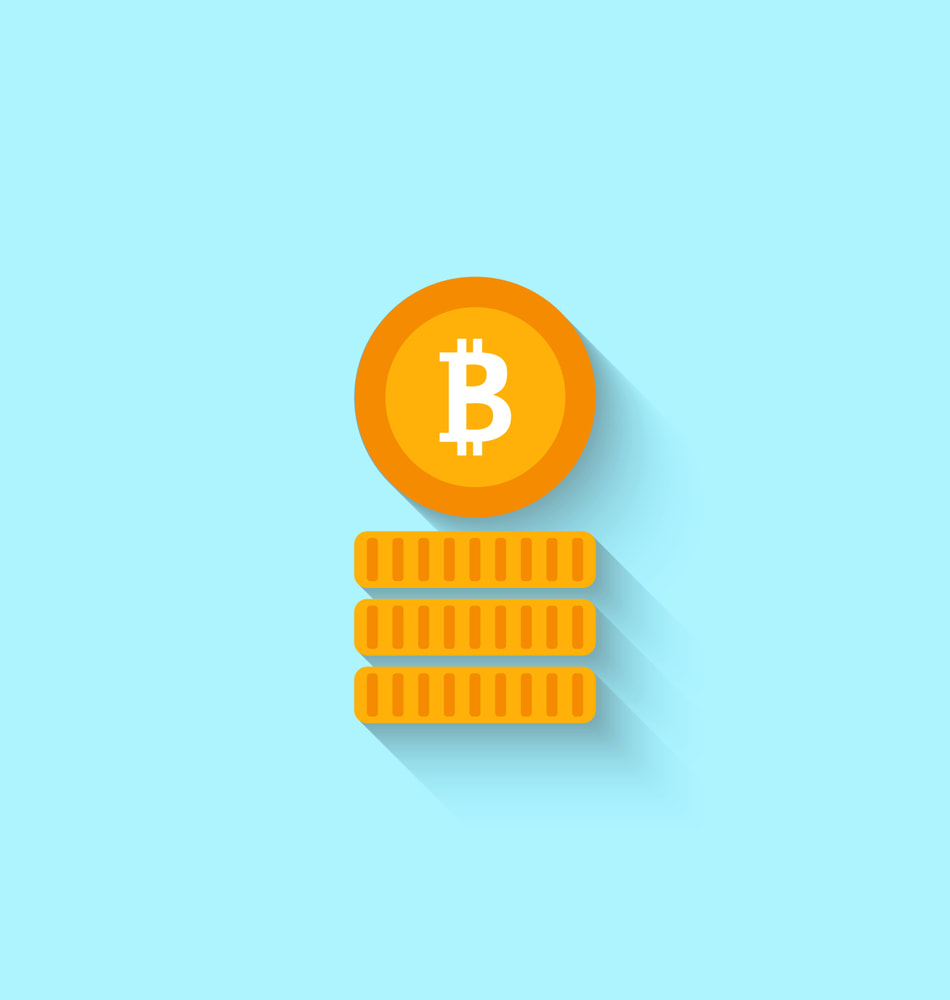Blockchain is designed so that one data is simultaneously recorded on multiple distributed servers, and can only be accessed and entered through a verification and consensus system between them. Through this, it is possible to prevent thorough activation and manipulation of records by linking all vaccine-related data to the blockchain from the beginning of production and distribution.
1 Comment
Unlike centralized exchanges where hacking situations still occur, it is an exchange that allows users to directly trade without intermediaries. It is a long-established DeFi (Decentralized Finance) model that extends from Etherdelta or IDEX, which was the cradle of ICOs at the time of the 2017 ICO craze, to XX Swap (xxSWAP), which heated up 2020. In particular, UniSwap has grown so rapidly that it surpassed Coinbase, the largest virtual asset exchange in the U.S. by volume. The characteristics of decentralized exchanges that have appeared recently are that they all use an Automated Market Maker (AMM) based on a liquidity pool.
Filecoin (FIL), which has been controversial over various suspicions such as multi-level sale of miners and dumping, is listed one after another by Korean virtual asset exchanges. It is pointed out that rather than investing intently to see the effect of a new listing, related issues should also be identified.
In 2020, the Korean blockchain industry had a year to lower the barriers to entry. This is the impact of the release of several blockchain clouds and development tools.
Elysia (https://elysia.land) announced on the 7th that it has signed a technology agreement with Chainlink (Oracle solution) to provide real estate prices.
|
AuthorDongWon KWAK. Korea Venture Capital and Startup Expert. Archives
January 2023
Categories
All
|





 RSS Feed
RSS Feed

